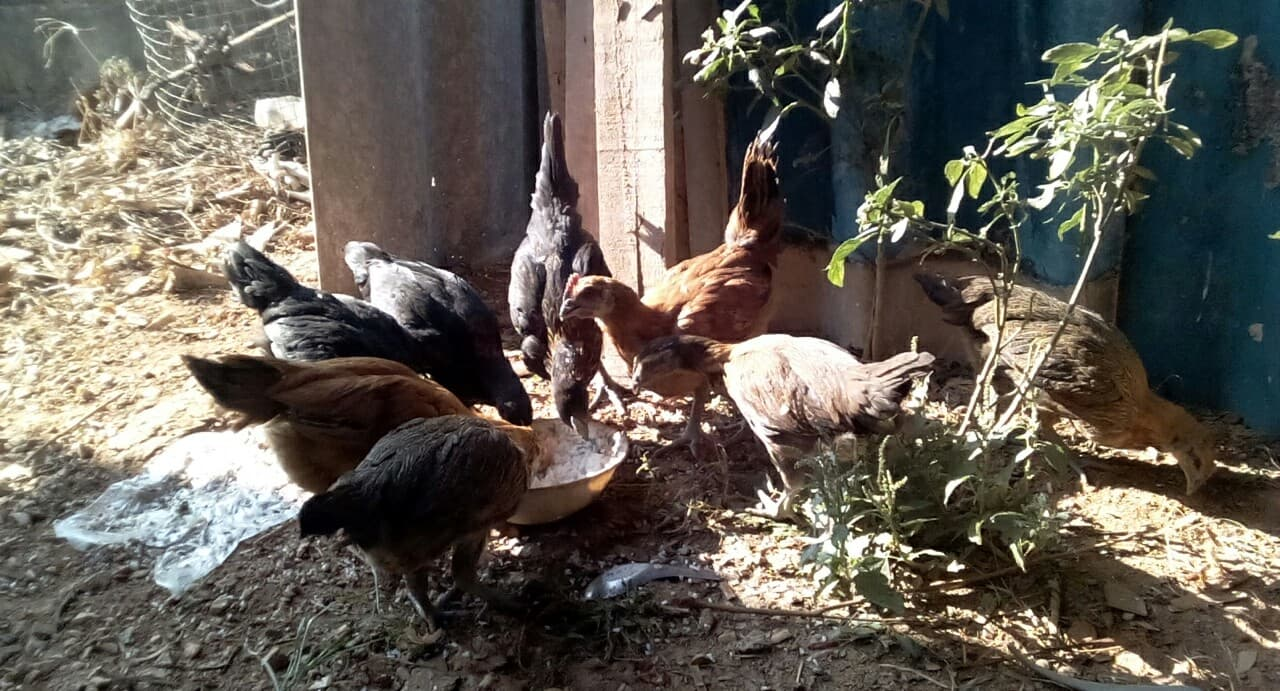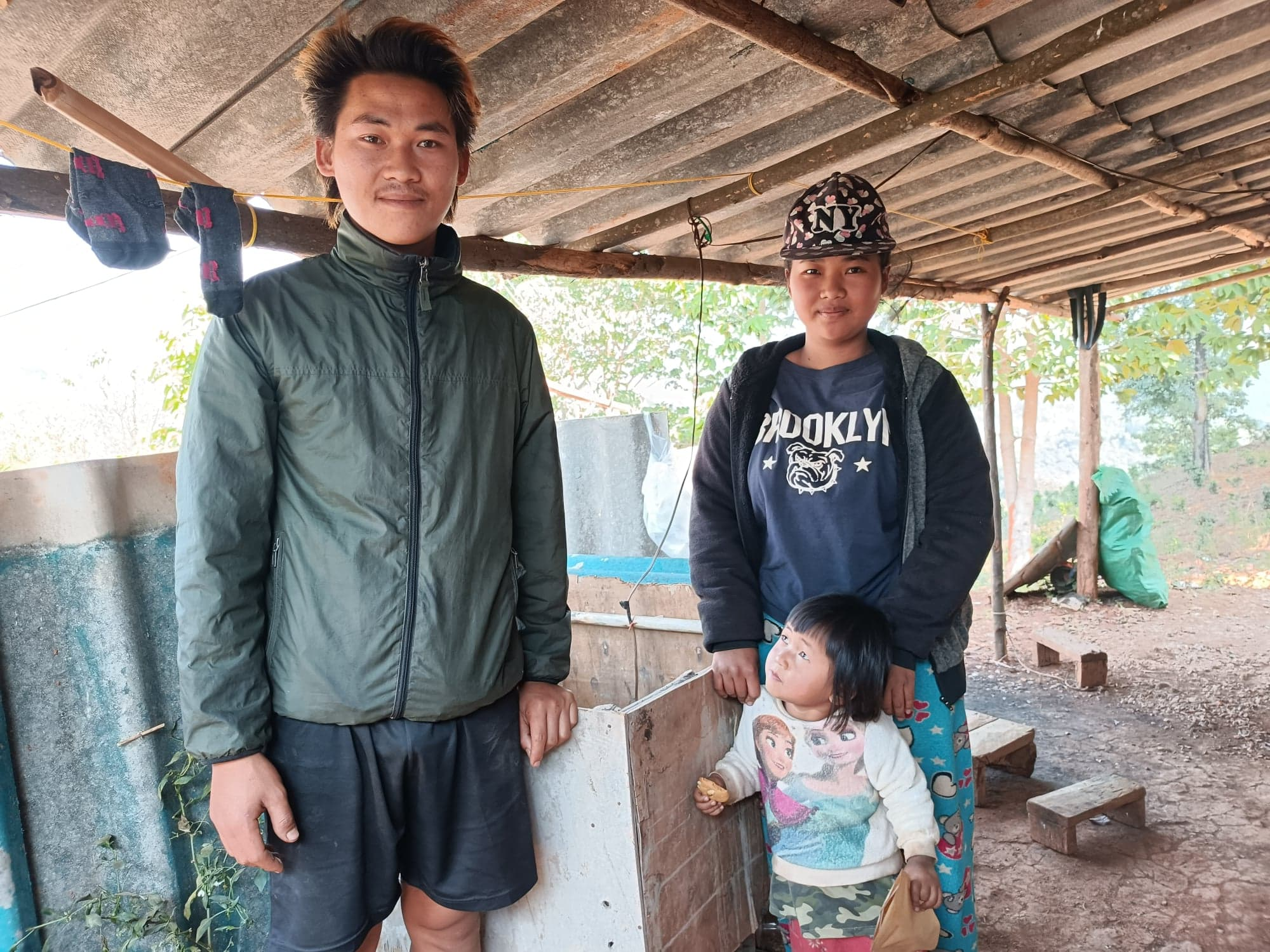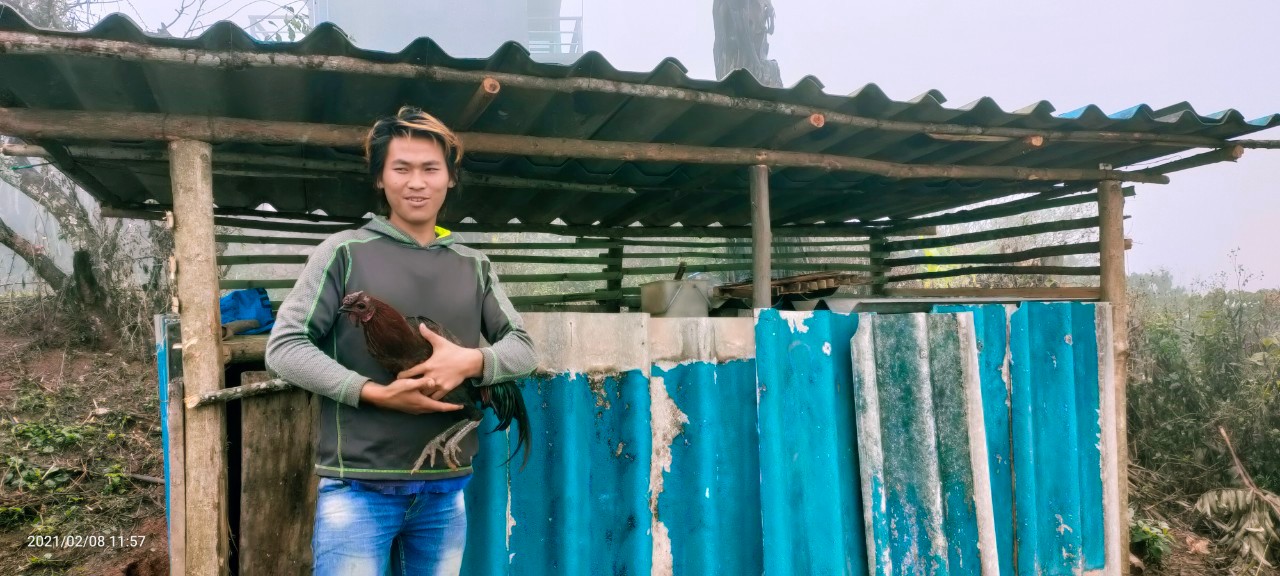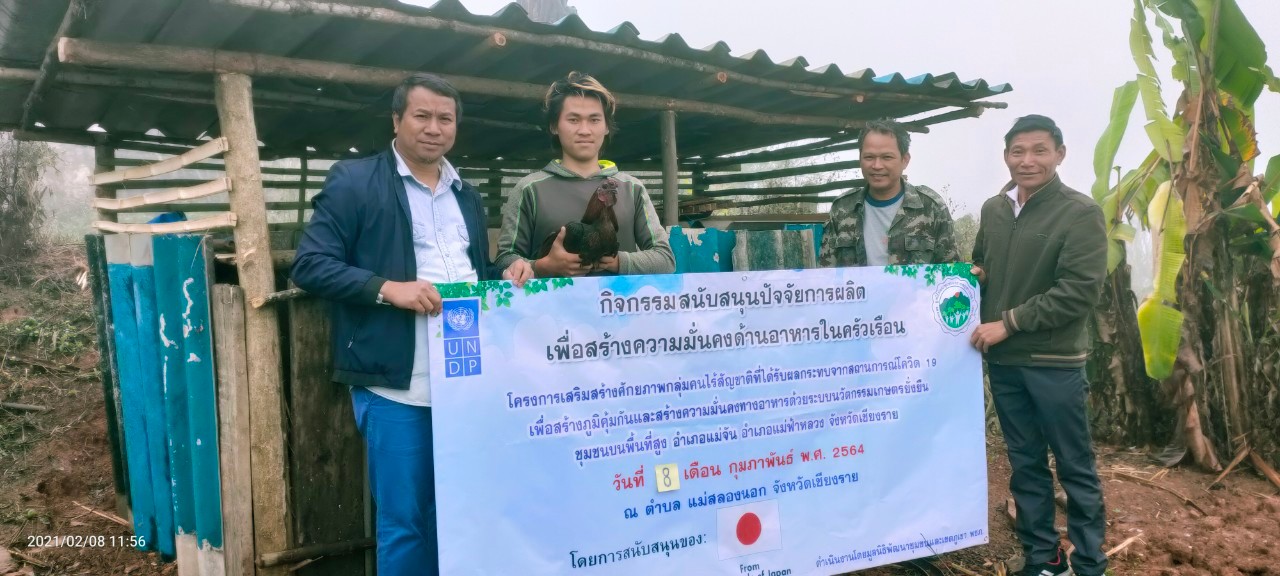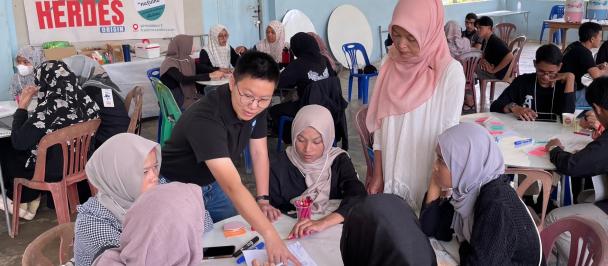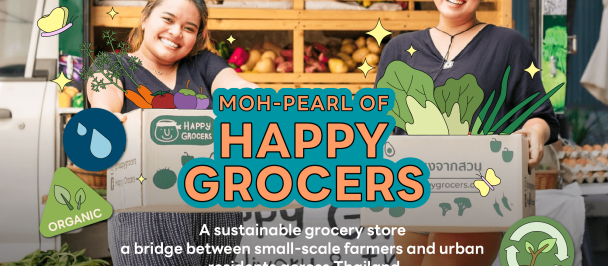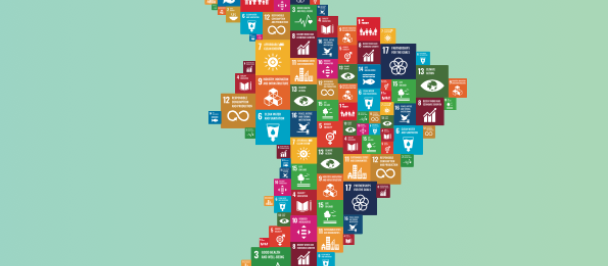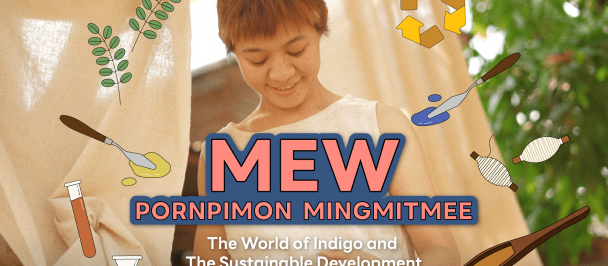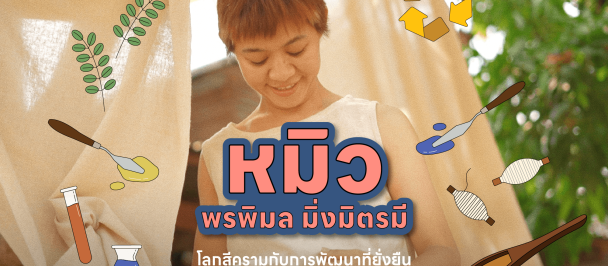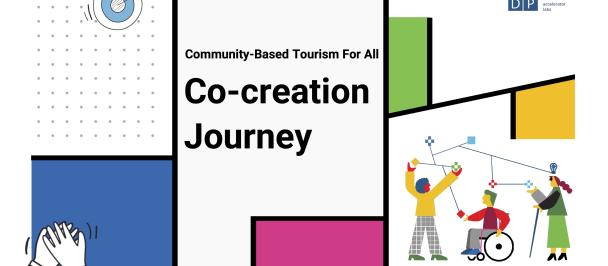“Today’s small opportunity is a big dream that inspires me to turn it into reality someday.”
Suraphong Saethung is 24 years old, born on 1 January 1997, and has only a “pink ID card”. He is the fifth of six siblings and coming from a large family faced with economic hardship, Suraphong finished junior high school, leaving to work in the construction industry and as a restaurant waiter. He is married with one daughter and lives in Panasawan Village, Mae Salong Nok Subdistrict, Mae Fa Luang District, Chiang Rai Province, Northern Thailand.
Northern Thailand, located in the well-known Golden Triangle, borders Myanmar and Laos. Nine tribes live in 20 provinces across Thailand (Bangkok Post, 2020). As of December 2020, over 480,000 stateless were people registered with the Thai Government. Those still affected by statelessness are mostly members of ethnic minorities living in mountainous regions who do not hold any identity documents (UNHCR, 2021). Stateless people in Thailand receive basic education and health care, but cannot buy land or property and face restrictions when travelling around the country. Moving within a province is also problematic for this group (TODAY, 2018).
Without an identification card, Suraphong was unable to travel outside his area and could only make a living through construction work in the hilly areas of Mae Salong. Despite being skilled in construction, working with both wood and cement, without an ID card he could not find work in the city. The COVID-19 pandemic had an adverse impact on his income, causing him to lose up to 400 baht a day. Some days there was no income for the family and without an ID card, Suraphong received no financial support from the government and had to borrow money from relatives and neighbours to cover family expenses, including food.
Surapong has been selected by the community committee to receive assistance under the project on enhancing the capacity of stateless persons affected by COVID 19 pandemic organized by Hill Area and Community Foundation (HADF) to enhance the capacity of stateless persons affected by the COVID 19 pandemic, which is one of twenty four short-term projects selected under the “Strengthening socio-economic recovery, human security and resilience in Thailand in context of the COVID-19 outbreak ensuring to Leave No One Behind and safeguard progress made towards the SDGs” project under the United Nations Development Programme (UNDP) Thailand funded by the Japanese Government.
Suraphong participated in a training course on new agricultural processes and integrated farming to save water in farming areas. Initially, he was interested in raising chickens with black bones in a farm setting. The programme organizers procured black chickens from the community for him since they are easy to feed and in high demand, with market prices starting from 200 baht per kilogram. He constructed a chicken house and bought 20 chickens from the budget provided by the project. Suraphong believes that farming could offer him security in the long term since he might be unable to continue as a construction worker in future or be without income if he fails to receive any other job offers. Farming not only provides him with an income but also food for his family. With an interest in learning innovative agriculture under the project, he has been selected as one of the new generation youth leaders to join the project committee and participate in developing the Hill Area Innovative Agriculture Learning Center. Suraphong joined youths from other communities to improve the learning center to provide better career opportunities in the future.
Suraphong has been raising chickens on his farm for two months – having started with 20, this figure has now increased to 50. He plans to sell 30 chickens at 300 baht each, with the aim of increasing his income to between 8,000 and 9,000 baht per month. At the end of the project, Suraphong plans to continue with his black chicken farming business by expanding the chicken house to serve 300 more chickens, feeding them with corn grown on his farm to join those previously bought from the community. The chickens are also released into the coffee bean farm as part of a free-range chicken farming system to increase profitability in the hen flock. Suraphong plans to make black chicken processed products for sale outside his area. This would enable him to generate more income for himself and his family, without having to rely on construction work.
According to Suraphong, “Owning a black chicken farm was my dream and I did not have the money to invest. This programme has enabled me to start my black bone chicken farm and given me the strength and determination to develop my business. I wish to have a black bone chicken farm in Mae Salong and feel confident that this small start-up will grow in the future to make my dream come true and I am determined to succeed.” Despite the hardships that may lie ahead and not having the same rights as others, Suraphong is determined. He adds, “By not being lazy and making an effort to be happy, satisfied with what I have and who I am, I can have a better future so will not give up.”
Story in Thai version read here.
###
Written and edited by Hill Area Development and Community Development Foundation (HADF)
###
[I] Black Chicken is raised by the hilltribe people, from Northern and Central Thailand. It originated in China, then migrated to Thailand and is now popular with both Thai people and tourists, so the demand has increased.
[II] A Pink ID Card is an official identity card of a person residing in Thailand who does not have Thai nationality. It specifies the person’s name in Thai and their ID number. It is another type of civil registration document issued by the Registrar to people who do not have Thai nationality as evidence of identity.
[III] How to help the elderly and stateless. Bangkok Post. 2020. https://www.bangkokpost.com/opinion/opinion/1994411/how-to-help-the-elderly-and-stateless
[IV] ‘I felt like I was being reborn’. UNHCR. 2021. https://www.unhcr.org/news/stories/2021/6/60bdcfde4/i-felt-like-i-was-being-reborn.html
[V] Stateless in Chiang Rai, but armed with a dream. TODAY. 2018. https://www.todayonline.com/world/stateless-chiang-rai-armed-dream

 Locations
Locations